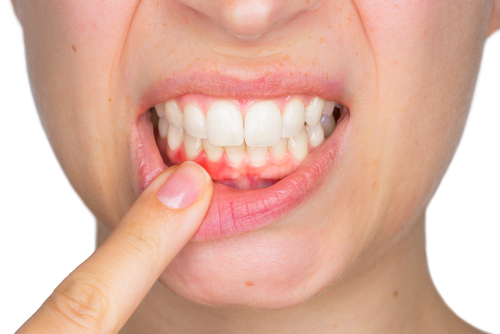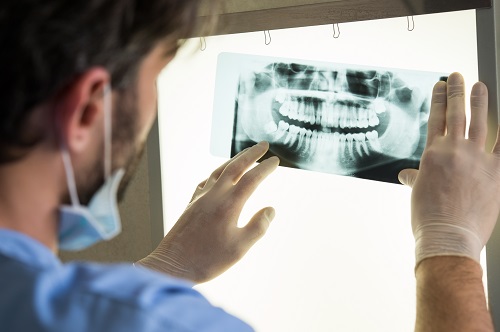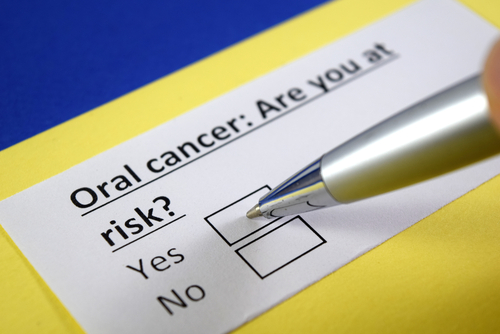
As we all gear up to head back to school, loading up on folders, notebooks, pencils, and backpacks, the team at our dental office in Kettering wants to send a friendly reminder to our patients and neighbors about the importance of getting your child (or yourself) to the dentist before school starts.
Dental Checkups Help with Overall Health, Too
While we encourage all of our patients to see us at least biannually, we also like to see them prior to starting a new school year. Visits to your dentist in Kettering not only help keep smiles healthy, they also help keep whole bodies healthy. Poor dental health has been linked to:
- Diabetes
- Asthma
- Heart disease
- Obesity
In fact, the National Institutes of Health reported that 20-30% of children have chronic health conditions due to oral health. Regular dental exams and cleanings are key in catching any problems, or potential problems, early to avoid these serious diseases. It may also be recommended that your child receive protective sealants to aid against decay and cavities.
Keep Kids in School
It’s our goal to keep kids healthy and in school so they can learn, thrive, and get good grades. However, recent research has suggested that poor oral health has been linked to poor grades. According to the American Journal of Public Health Dentistry, children in elementary school missed 6 days of school on average each year. Of those 6 days, 2 of them were because of dental problems. As we all know, when kids aren’t attending class, they’re missing key elements of their education. What’s more, when they’re in pain due to a toothache brought on by a cavity, their ability to pay attention to lessons diminishes.
Hygiene at Home
Back to school dental visits are a great preventive step to ensure your child is starting the school year off healthy. But a good hygiene routine at home is equally important. Make sure your child is brushing every morning (after breakfast!) and every night for two minutes each time. Also, don’t forget to have them floss once a day.
Following a proper hygiene routine and maintaining appointments with our Kettering dental office can keep you and your child smiling and in good health all the way through to summer break.
If you’re looking for a Kettering dentist, schedule an appointment today!


 Review Us
Review Us Review Us
Review Us







